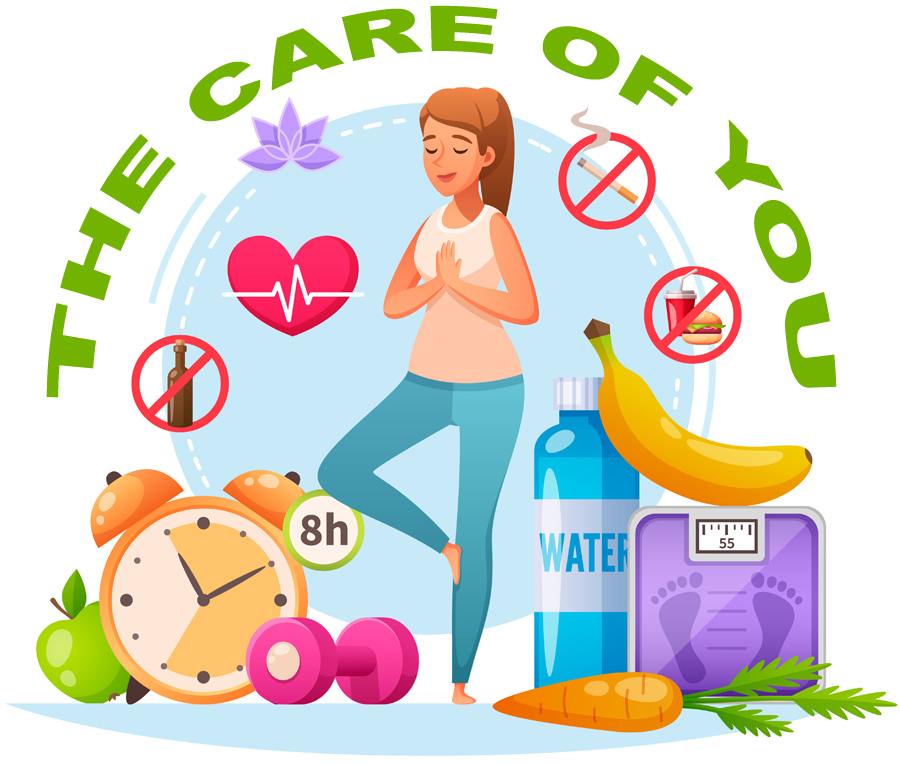The Low Down on Vitamins
Our bodies produce bone, muscle, and skin, our blood carries both nutrients and oxygen, and nerve signals travel through our brains and body pathways. However, to ensure that all of this happens, our body constantly requires dozens of vitamins, minerals, and other dietary components. These vitamins and minerals can help improve our immune system, heal our wounds, and help sustain our bone strength, and they also help turn food into energy and repair any cellular damage that we may have. Believe it or not, though, having too many vitamins and minerals can actually harm your body, not help it. The simplest way to make sure that you get enough of these vital nutrients without getting too much is to eat a balanced, healthy diet.
Vitamin deficiencies can cause a whole host of health problems. For instance, not having enough vitamin B12 in your diet on a regular basis can lead to complications such as confusion, memory loss, loss of balance, anemia, fatigue, and depression. Not having enough vitamin D can lead to issues pertaining to bone health as well as an increased risk of breast cancer. And a shortage of vitamin C is famously linked with scurvy.
While you'll get most of these vitamins and minerals from your actual food intake, some people also take vitamin supplements to make sure that they're getting enough. But with more than 40% of Americans taking these dietary supplements on a daily basis, it's more important than ever to pay attention to what's on the label before you actually buy them to make sure that you're buying a safe product and taking it at a safe dosage. In addition, not every form of a vitamin or mineral will be processed by the body the same way. Because these over-the-counter vitamins are so heavily processed, your body doesn't always know how to break them down properly. And many over-the-counter vitamins also include things like starch, sugars, preservatives, and artificial colorings that you may not want to put into your body.
Not all vitamin supplements are bad, however, and if your diet is a bit lacking from time to time, they might not be a bad idea. The Harvard School of Public Health calls daily multivitamins a "nutrition insurance policy," since they can help you to maintain the proper levels of nutrition even when your diet may falter a little bit. Ideally, of course, you want to have a healthy, balanced diet full of fruit, vegetables, and whole grains, but it's not always easy each day. This is where multivitamins can come in to help fill the nutritional gaps.
When reading the label, choose a multivitamin that has the United States Pharmacopeia (USP) seal on it. And be sure to look for supplements with more than 1,000 IU of vitamin D, says the Harvard School of Public Health. Most over-the-counter multivitamins pack only 400 IU of vitamin D, but a lot of people are vitamin D-deficient. This is especially true during the winter; the body can make some vitamin D itself, but this happens only when the skin is exposed to sunlight.
It's also important to remember that more isn't always better. Some vitamins can stay in the body and build up over time, so you should never take more than the recommended amount of any vitamin. This can be a particularly tricky issue for those concerned about their folic acid intake; this is an important nutrient, but massive doses can mask the symptoms of a B12 deficiency, and a few studies have shown that overdosing on folic acid may be tied to increased risk of some cancers.
Looking to learn more about vitamins? Check out these resources:
- Vitamins and Minerals: Are You Getting What You Need?
- What Vitamins Can and Can't Do
- Vitamin C and Skin Health
- Vitamin B12: Are You Getting it?
- The Importance of Vitamins and Minerals
- Four Essential Minerals and Vitamins in Bananas
- Facts and Myths About Vitamins
- Types of Vitamins: What Is Magnesium?
- Play it Safe When Choosing Vitamins and Supplements
